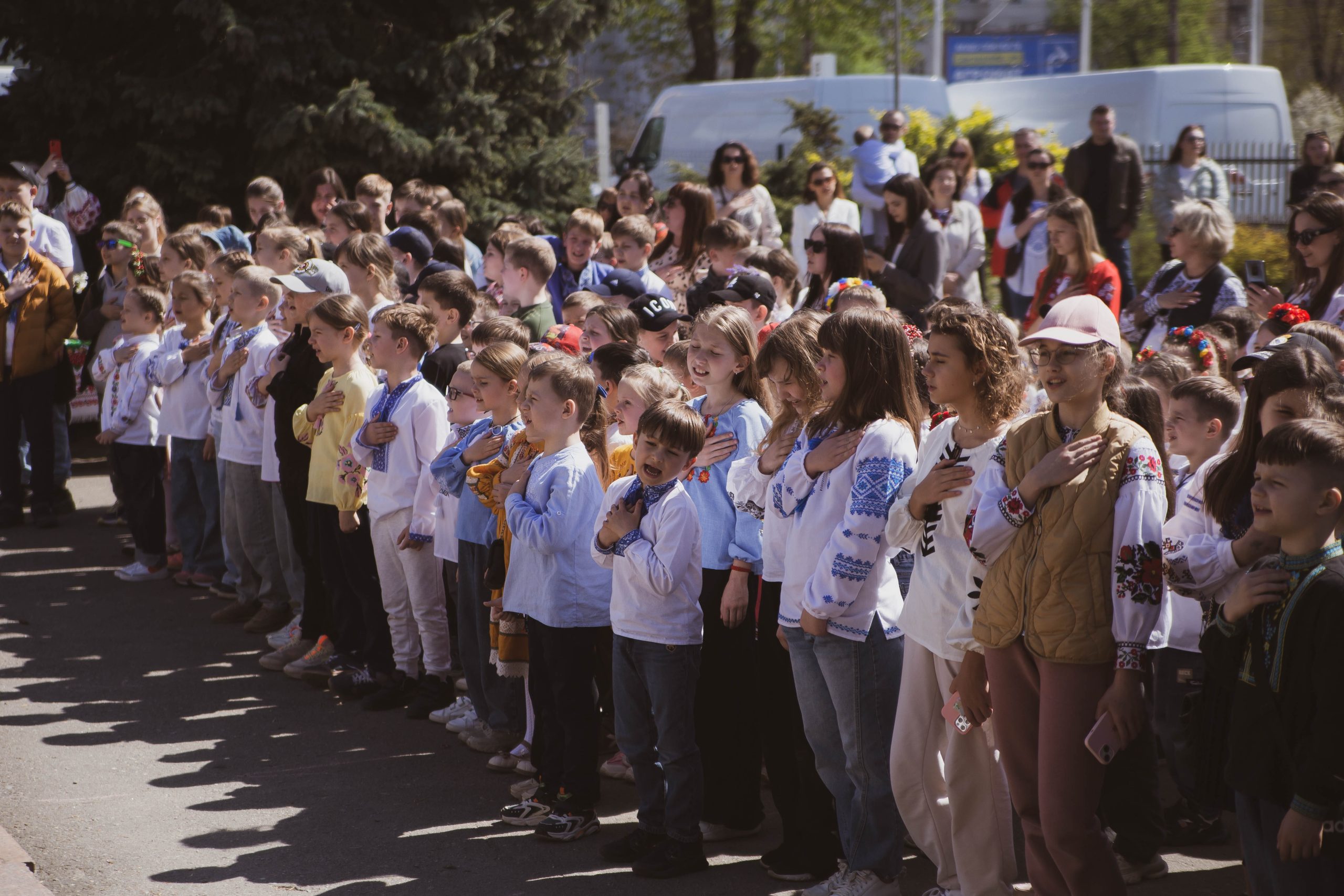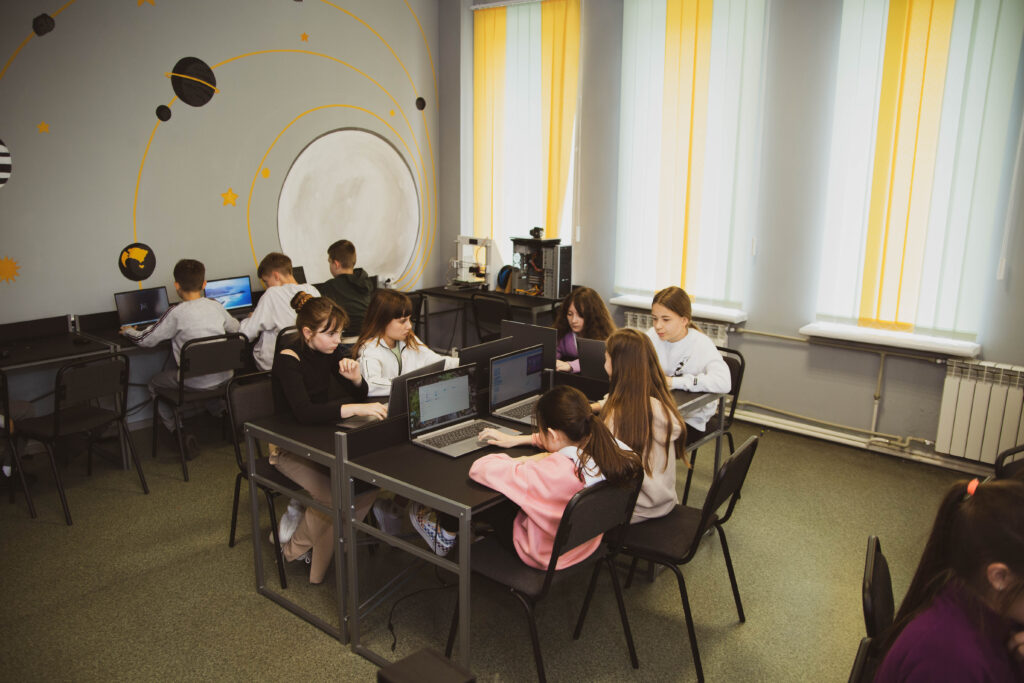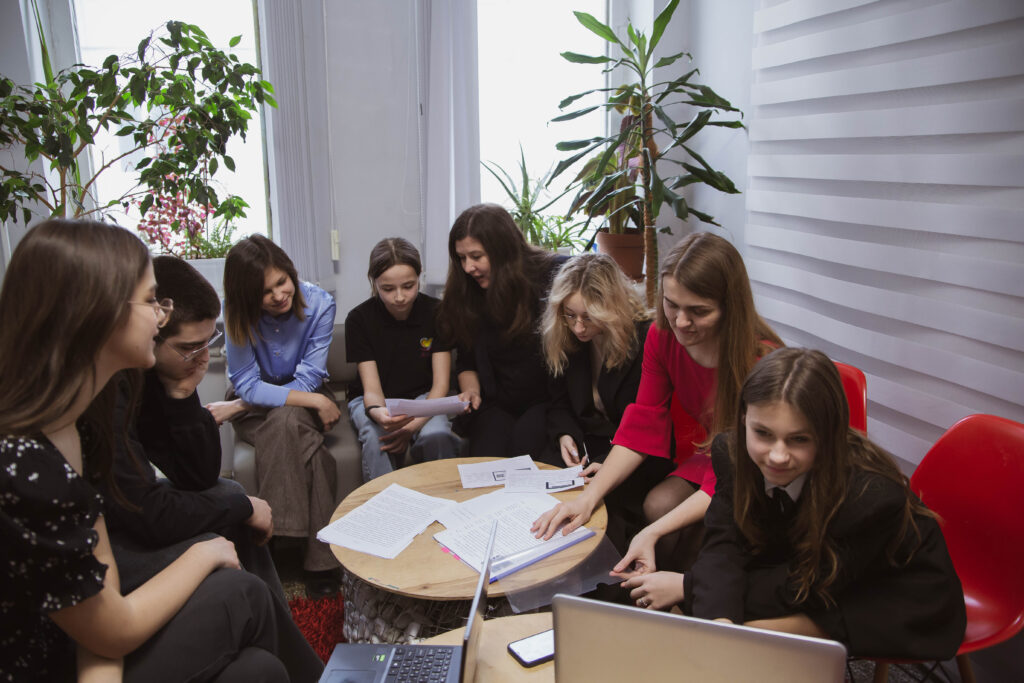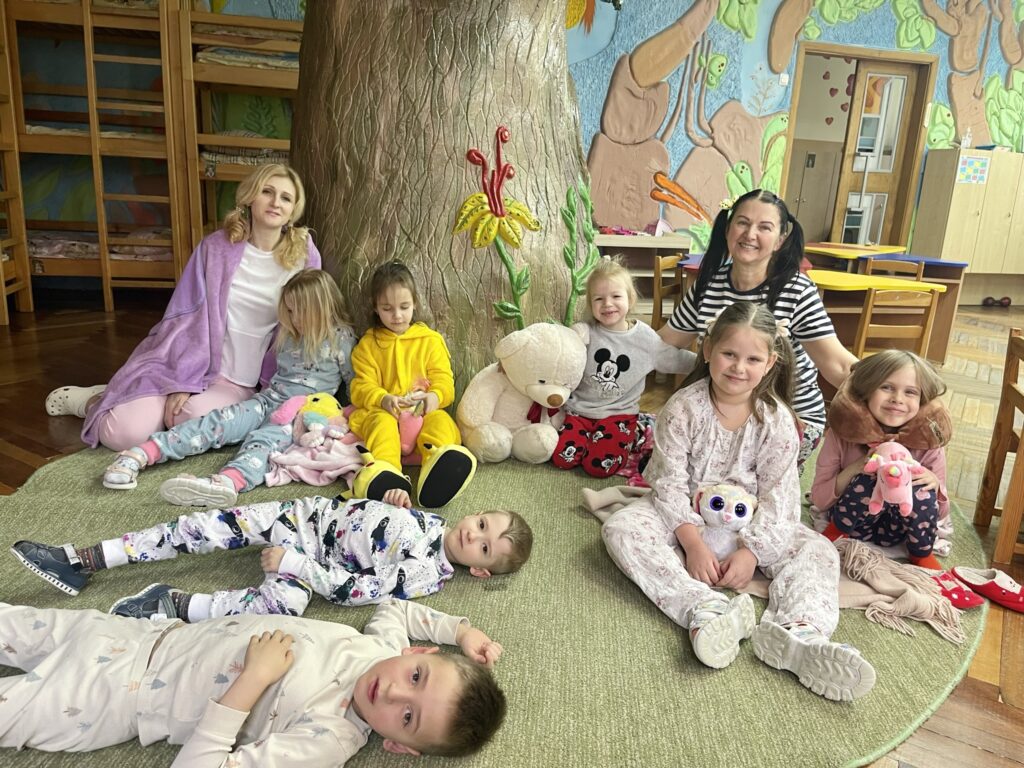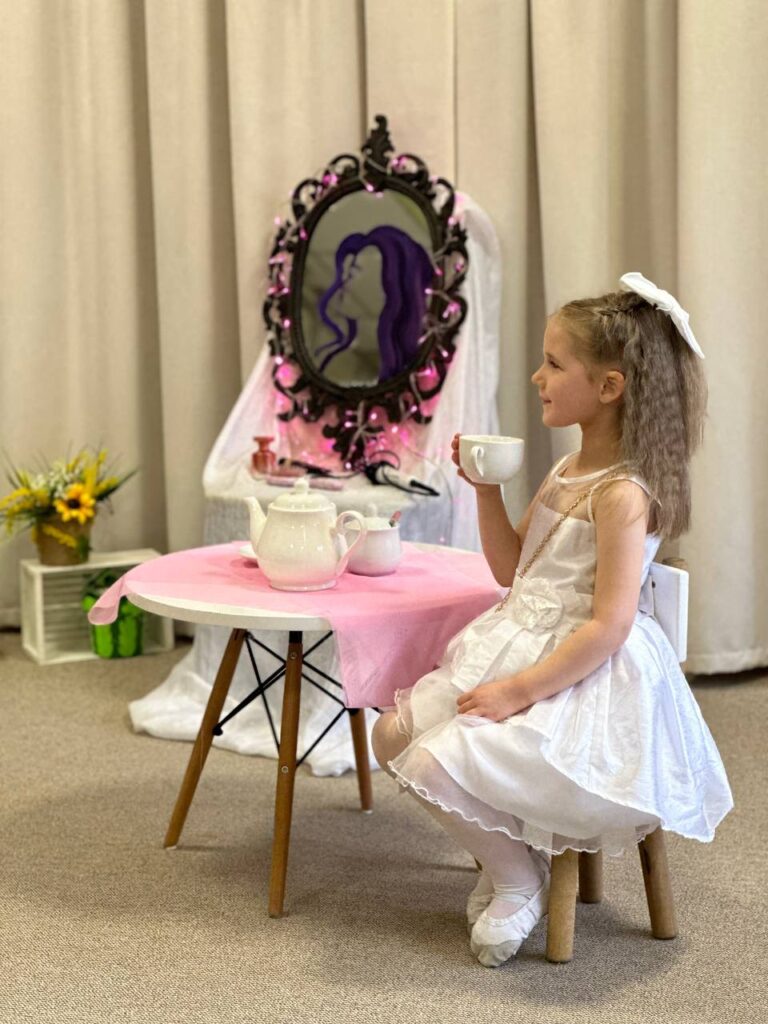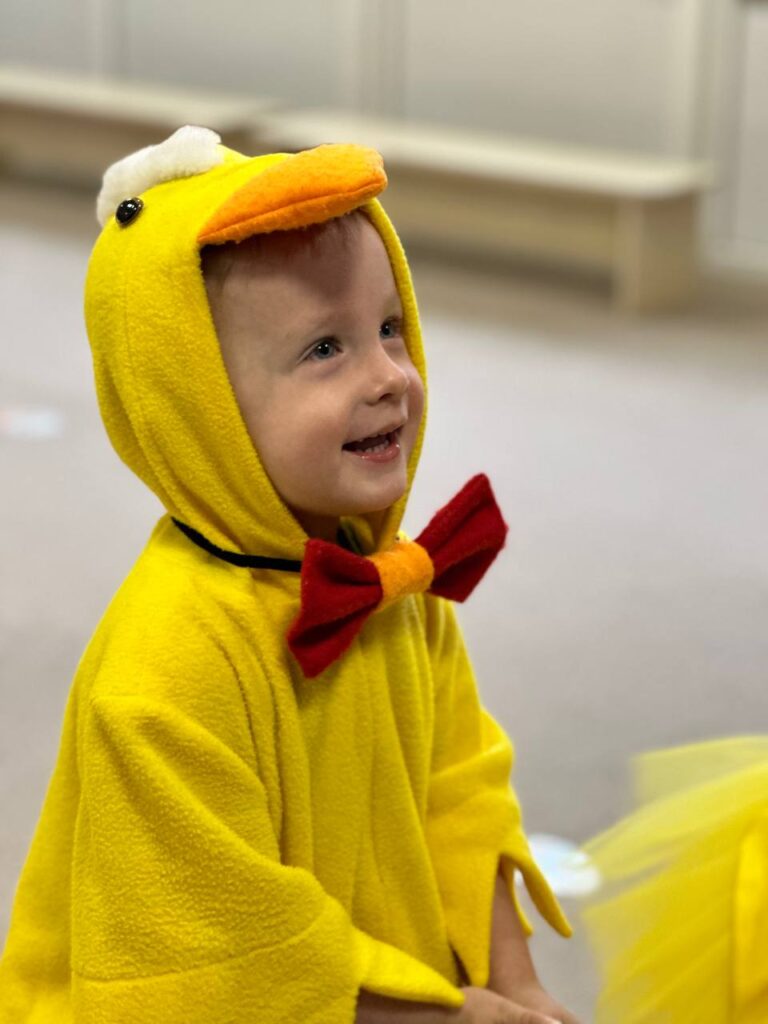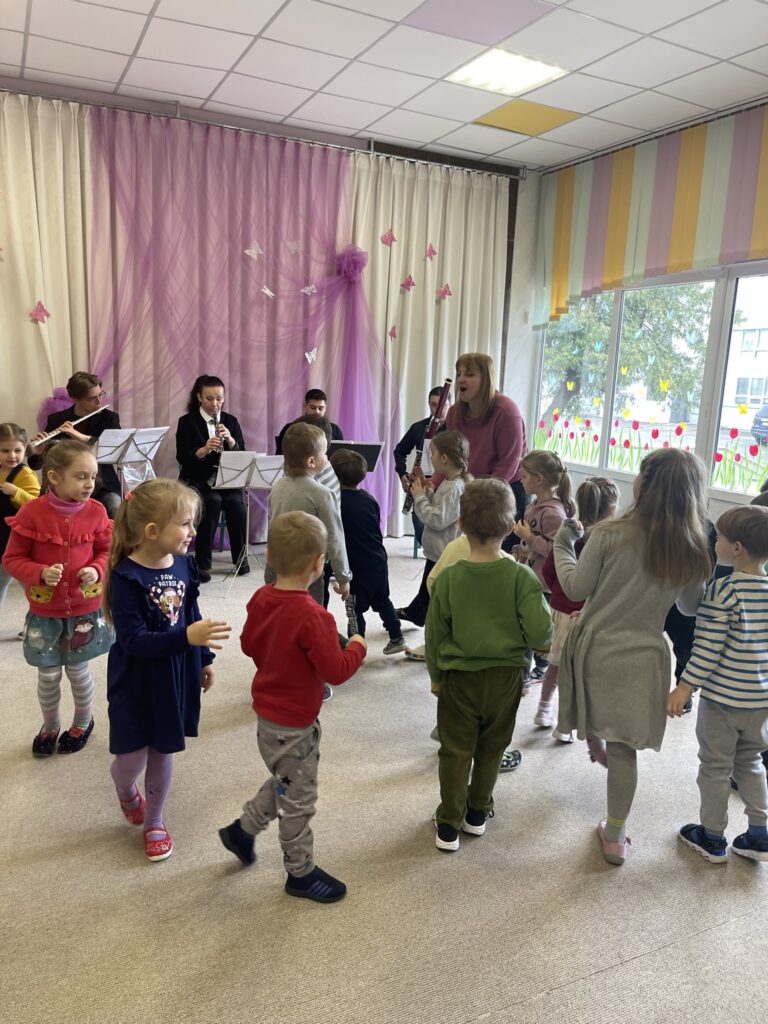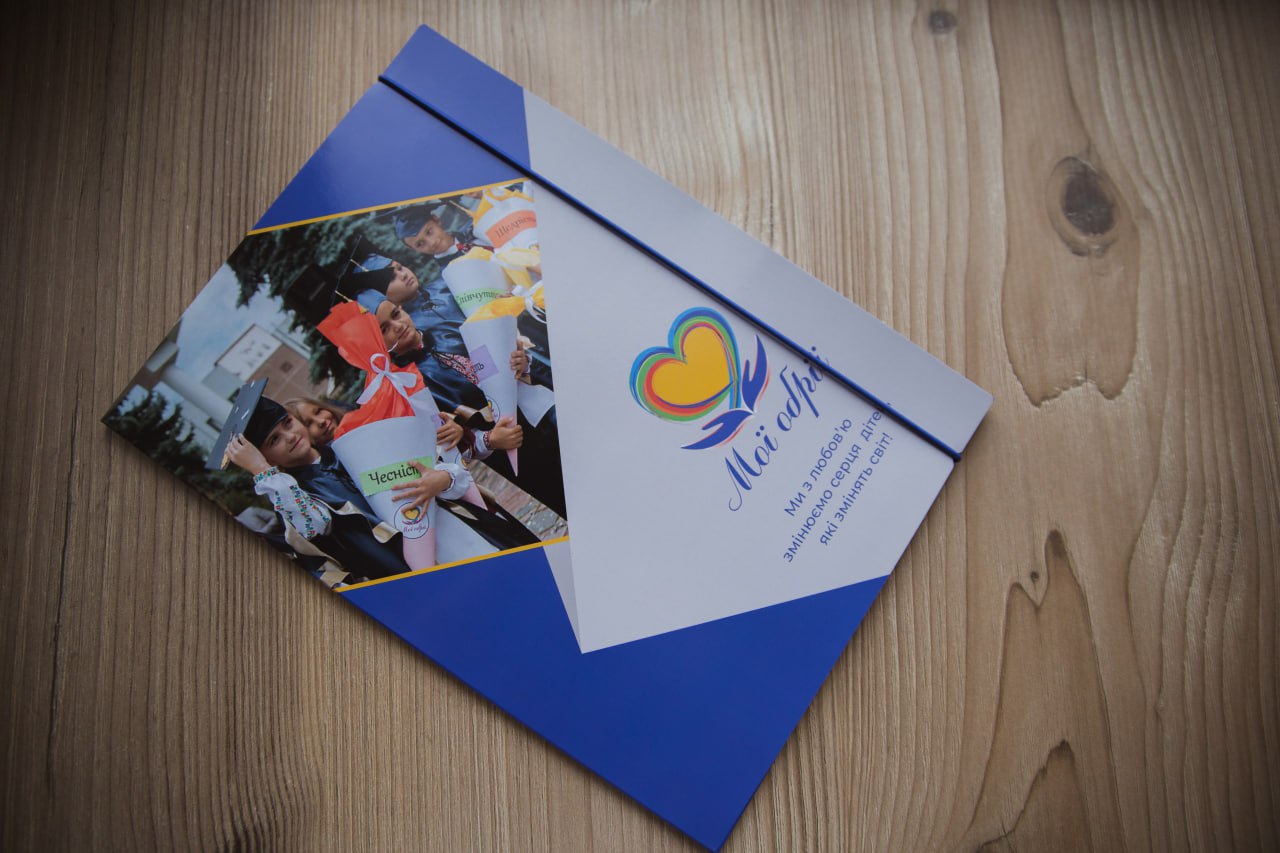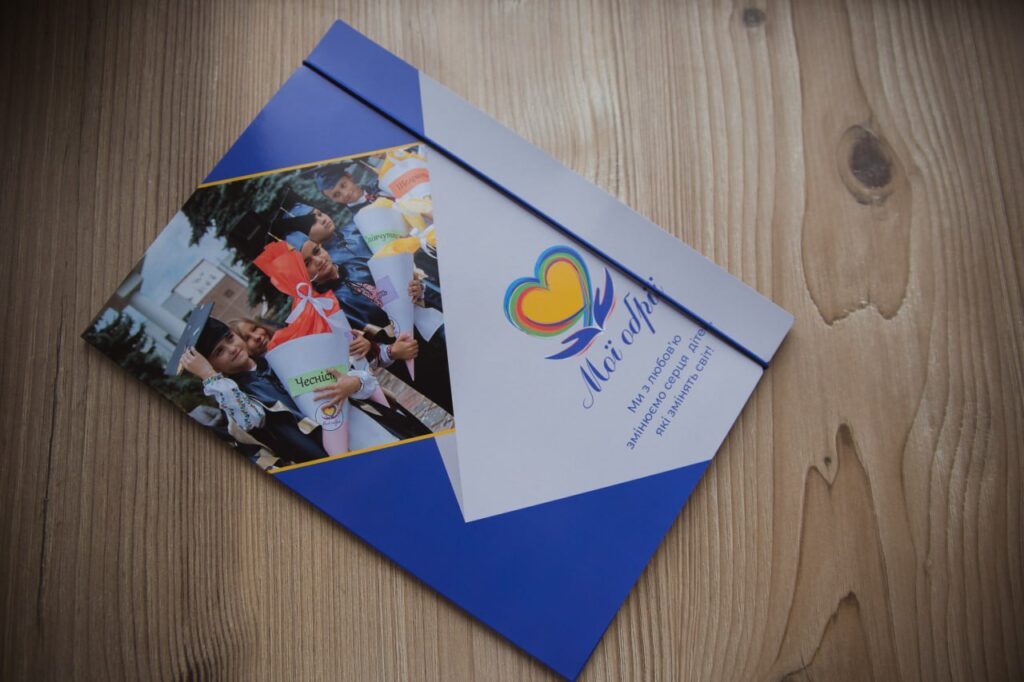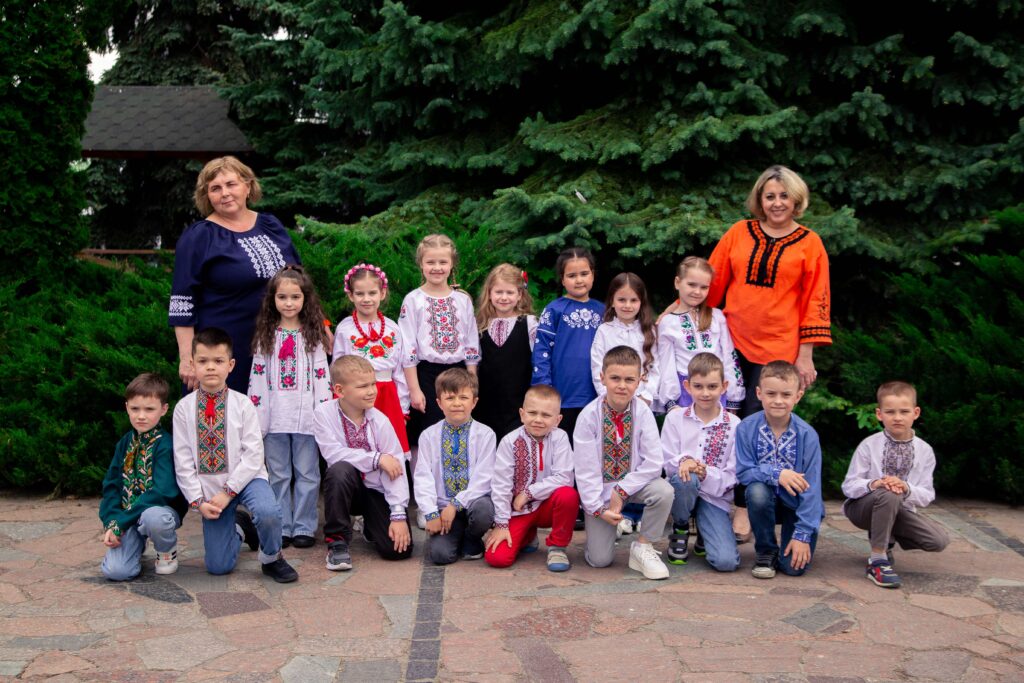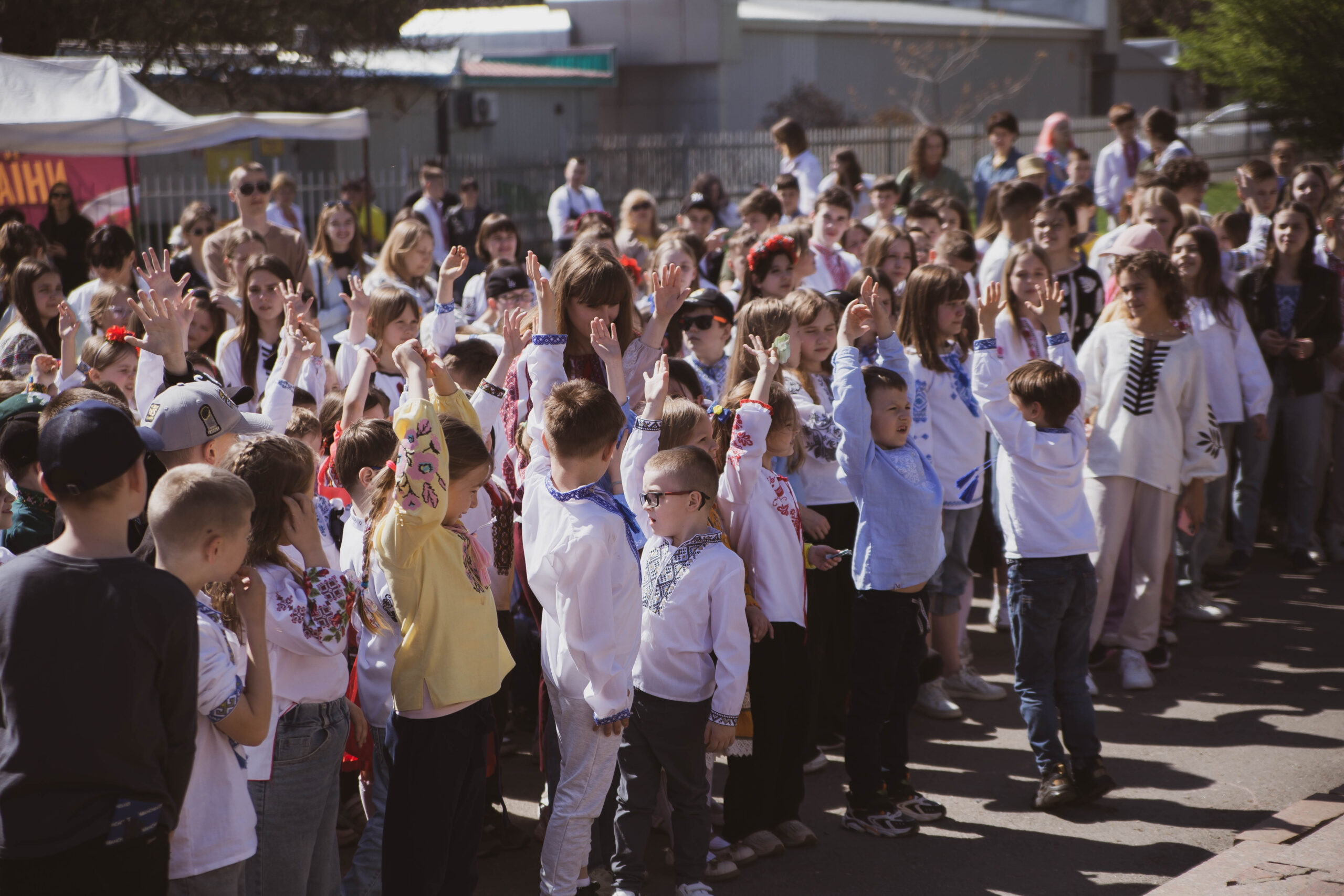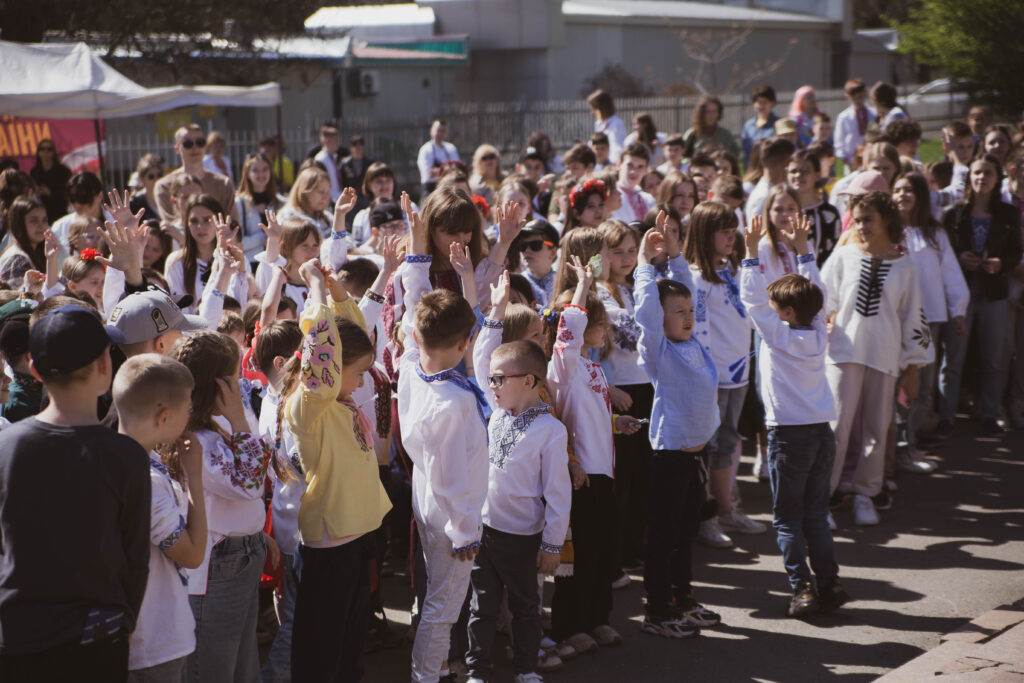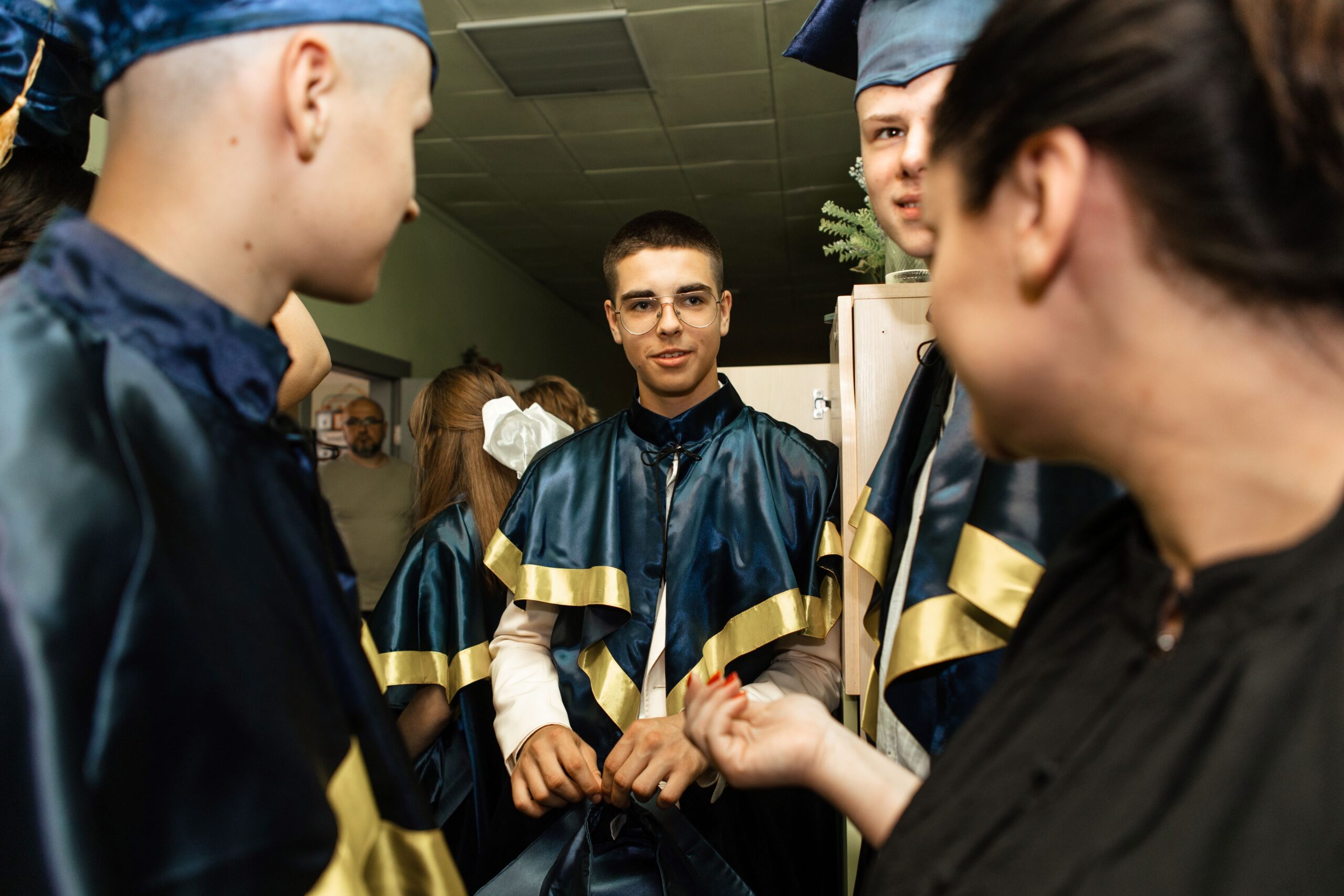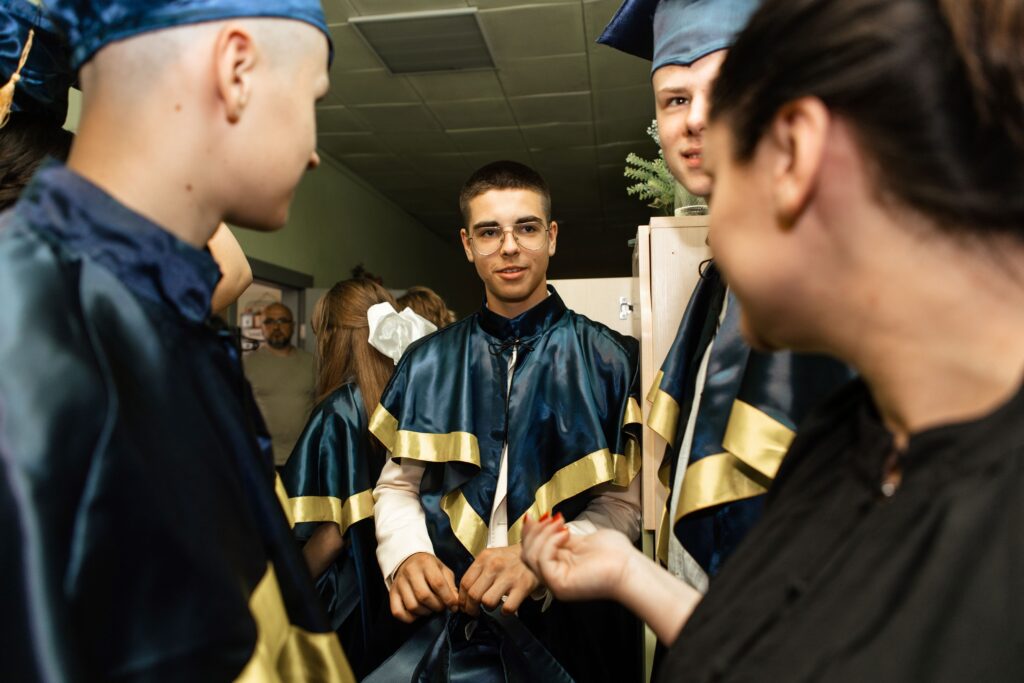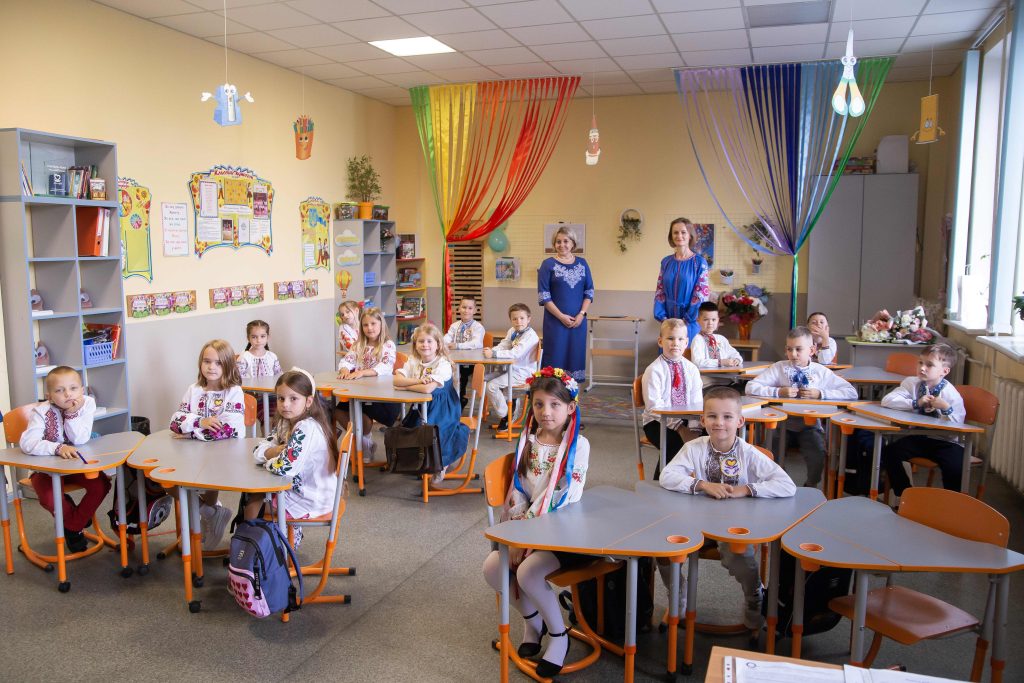
The first day of school is an important and emotional stage in a child’s life. To make this day a success, you should prepare your child for the changes that await them in advance. Below are some tips to help you make this process easier and more enjoyable for your child.
Positive attitude
Talk about school
Talk to your child about school as a place where they will meet new friends, learn new things, and participate in exciting activities. Use positive examples from your own school experience to create a positive image of school for your child.
Visit the school in advance
If possible, visit the school with your child before school starts. Show him or her the classroom, playground, and cafeteria. This will help reduce the fear of the unknown and make the place more familiar.
Create a routine
Set a schedule
Before you start school, start setting up a schedule that looks like a school schedule. Wake up, have breakfast, and go to bed at the same time as during the school year. This will help your child adapt to the new routine more easily.
Practice a morning routine
Practice a morning routine that includes getting ready for school. Pick out clothes, pack a backpack, and prepare breakfast together. This will help reduce morning stress and teach your child independence.
Social skills
Communication development
Help your child develop communication skills by playing games with other children. Teach him or her how to make polite introductions, ask questions, and express their needs.
Conflict resolution
Tell your child how important it is to be friendly and resolve conflicts peacefully. Discuss different situations that may arise at school and look for solutions together.
Psychological readiness
Talk about emotions
Talk to your child about his or her emotions. Explain that it is normal to feel excited or afraid of new things. Listen to what they are going through and support them.
Support
Reassure your child that you will always be there to help them if they need it. Create a sense of security and support.
Practical aspects
Choosing and preparing school supplies
Involve your child in choosing school supplies and clothes. This will help them feel responsible and increase their motivation.
Preparing for lessons
Start practicing with your child before school starts. Do simple tasks together, read books, solve problems. This will help your child feel more confident in class.
Conclusions
Preparing for school is an important process that requires attention and support from parents. Creating a positive attitude, establishing routines, developing social skills and psychological readiness will help your child to adapt to school life more easily. Remember that your support and involvement are key to your child’s successful start in the new learning environment.
